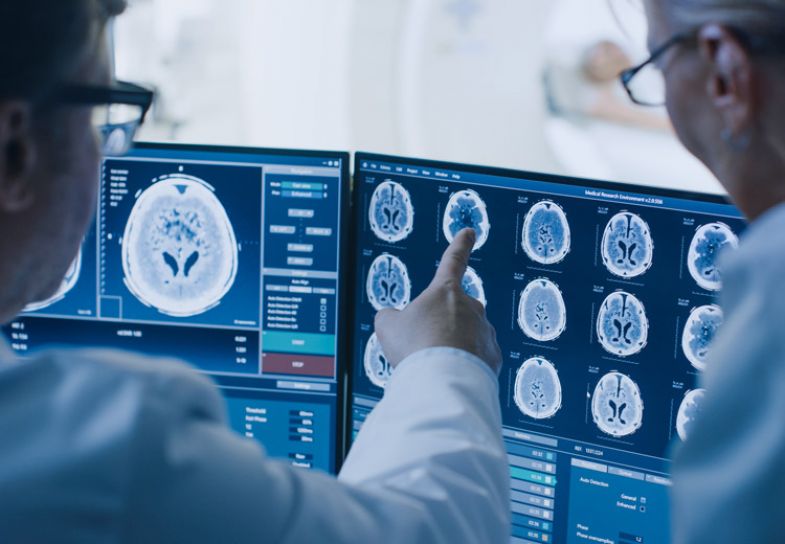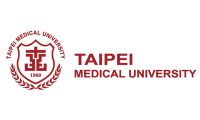
Taipei Medical University’s neuroscience collaboration with the University of Lille is advancing treatments for severe brain trauma and other neurological conditions
Founded in 1960, Taipei Medical University (TMU) has around 6,000 students from more than 40 countries, six affiliated hospitals and a staff cohort of more than 9,000. Its priority areas of research include cancer, neuroscience, pulmonary medicine, the use of artificial intelligence in medicine, cell therapy and medical devices.
In 2019, TMU expanded its long-term partnership with the University of Lille, a multidisciplinary university with about 70,000 students, with outstanding cultural and scientific heritage in France and beyond. Together, the two institutions established NeuroTMULille, a joint neuroscience laboratory that aims to introduce a seed funding mechanism and identify collaborative research teams from both universities. This includes double degree programmes that further strengthen the two institutions’ bilateral international research.
One of the key joint research collaborations has looked into traumatic brain injury, such as from a road traffic accident or military incident, and whether platelet therapy can be an effective treatment. The teams identified that despite around 69 million such incidents occurring globally each year, treatment tends to focus on palliative approaches rather than actions to restore neurological function. Five TMU students who were studying for double degrees at the University of Lille considered whether a specific human platelet lysate could be administered to beneficial effect to the brain.
Patents for the resulting technology have now been applied for in 13 countries, with TMU and Lille listed as co-applicants. A spin-off start-up company, InVenis Biotherapies, was established in June 2021 in France with support from a number of academics and medical experts. The company has since become a leader in neuroregenerative medicine by developing platelet-derived biotherapies not only for brain injuries but also for neurological diseases such as Amyotrophic Lateral Sclerosis (ALS), which has an average survival time of just three years following diagnosis. The team also hopes to shed new light on other neurological conditions such as Alzheimer’s and Parkinson’s Disease, as well as loss of memory and cognition linked to aging.
InVenis Biotherapies has secured a substantial grant through France’s competitive RHU Smart programme, which supports translational health research and clinical research projects to benefit patient care, improve the understanding of diseases and enhance the performance of healthcare systems.
“This grant, involving industry collaboration with InVenis Biotherapies, is highly competitive,” says Thierry Burnouf, distinguished professor and vice-dean of the College of Biomedical Engineering at TMU. “Our project successfully navigated an international selection process, which was followed by oral interviews with an international committee comprising approximately 30 area experts. Winning such a prestigious grant attests to our dedication and the much-welcomed recognition of the work we intend to achieve.”
Burnouf’s first goal with InVenis Biotherapies is to demonstrate the feasibility, safety and efficacy of its groundbreaking treatment for ALS patients, which aims to improve life expectancy and quality of life in patients. The ultimate objective is to conduct multicentre trials in France, Taipei and the US, highlighting the profound impact of this international research collaboration.
Burnouf is also helping TMU expand its double degree programmes. Burnouf endorses collaborations that offer students the opportunity to pursue international work experience and expand their networks, ensuring that they stand out when seeking to further their research or join the workforce.
Student successes at TMU include: TMU student Ming-Li Chou, from Taiwan, who completed a postdoctoral fellowship at Inserm and Hôpital Saint-Antoine in Paris; Ouada Nebie, from Burkina Faso, who is currently undertaking postdoctoral research at the University of Lille; Luc Buée and David Blum, who have formed a research team; Liling Delila, from Indonesia, who passed her double PhD in July 2023 and is now conducting postdoctoral research into platelet products in Burnouf’s lab; Yao-Ting Ethan Hsieh, from Taiwan, who has obtained a double master’s degree and is working in China, having been awarded by the Taiwan Ministry of Education for his double degree; and TMU student Ariunjargal Nyam-Erdene, from Mongolia, who is doing a double PhD with Lille professor David Devos.


